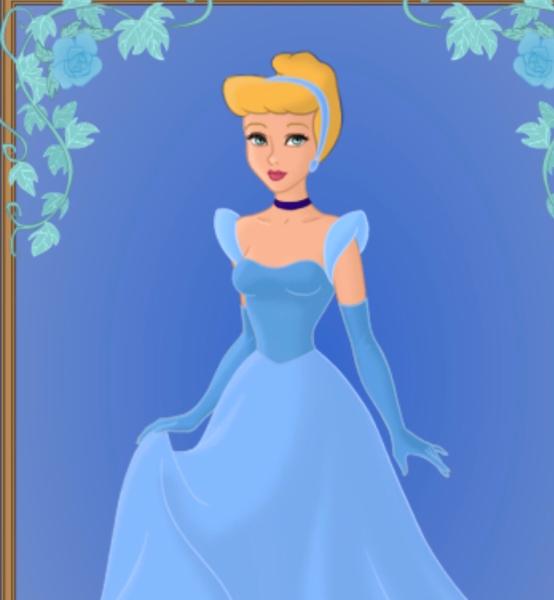Now, Disney Princesses and films are under attack. This week it’s a couple Hollywood actresses offended over the messaging of some classics like Cinderella and Snow White, who instead of discussing the concepts with their children and emphasizing invaluable lessons viewing can prompt opt to embargo them entirely. Next week it will be something else. In an ever growing trend of looking at external influences as ban-worthy offenses, it appears our culture is confused about how best to embolden children’s resilience, adaptability, critical reasoning skills and nurture independence. This mindset of making all-cause binary, good or bad, anti- or pro- labeling of fairy tale characters to foods and walking to school at a certain age and maturity unattended leaves no room for nuance, diversity of thought, or the development of survival abilities.
It is okay for a fairy tale to be just that for a child. It is okay for it to be nothing more than an escape and entertainment. It is even okay for it to be seen, thereafter forgotten and only remembered as a fun, memorable experience with loved ones. It is okay to watch it for the mere nostalgia purposes that bond a parent to a child no matter how outdated the message.
In fact, magical thinking is an integral part to a child’s development. The argument over Cinderella is not a new one, that a man rescues a woman. To deny this happens in real life, is not realistic. To deny the alternative of a woman rescuing a man also happens, is not truthful. To deny that the film can also reflect them rescuing one another, especially if you are open to scratching the surface, isn't particularly honest. The role of every single piece of artistic expression does not have to convey absolute “right” messages, in fact those that fall short pose an incredible occasion for discussion with kids that can yield such opportunity in shaping their thinking and enhancing their cognition.
We are straying further and further away from what most impacts child development as a source of adult challenges. A film or book or person or experience is not imprinted exclusively on the child in a vacuum. The greatest influence on that child’s takeaway is the reaction of his primary caregiver, most often a parent. A parent’s “horror” at the concept of a fairy tale will stay with a child and have more of an impact than any storyline ever could. Teaching avoidance at any level of unpleasant activity or giving such power to something like a movie will foster way more long-term response than the depiction ever would.
There is no greater modeling for a child than parental behavior. They mimic what they see. The most wondrous gifts a parent can give a child is leading by example and following through with consequences to bad actions.
Though instant elimination of a situation or made-up story might be the easiest path, ask yourself what the long-term, big picture is? Looking through a lens where all we see is an obstacle, denies us and the children around us of the potential for many opportunities. Raising a child to be an independent adult with the capacity to remain calm in a crisis, be resourceful when the chips are down, adaptable to any scenario - pleasant or not, and resilient no matter what comes is a mindset that pays great dividends. Getting caught up in the noise or the constant outrage of our times does them a disservice.
It is okay to hate the lesson in a fairy tale. But, ask yourself, how much more is gained from never facing it head on rather than using it as a teachable moment that can have lasting appeal? Erasing somewhat archaic messages from our present robs us of appreciating how far we have come and the recognition that we cannot afford to forget such a history so as not to repeat it. Using today’s lens through which to view an account like Snow White discounts the very real traditions and challenges of the times. And, that is not an ideal way to learn history in a way that can help our future.
Exposure to adversity, as difficult as that can be for parents, is an optimal way for a child to learn from mistakes, garner empathy and compassion, become flexible and arm himself with lifelong knowledge that will serve his best interest.
In the end, it is also okay for such fantasies to be nothing more than that. We don’t have to agree with everything for it to have substantial value. Laughter and joy are underrated these days. Considering how useful these expressions are in helping reduce stress, their health benefits can't be overstated.




